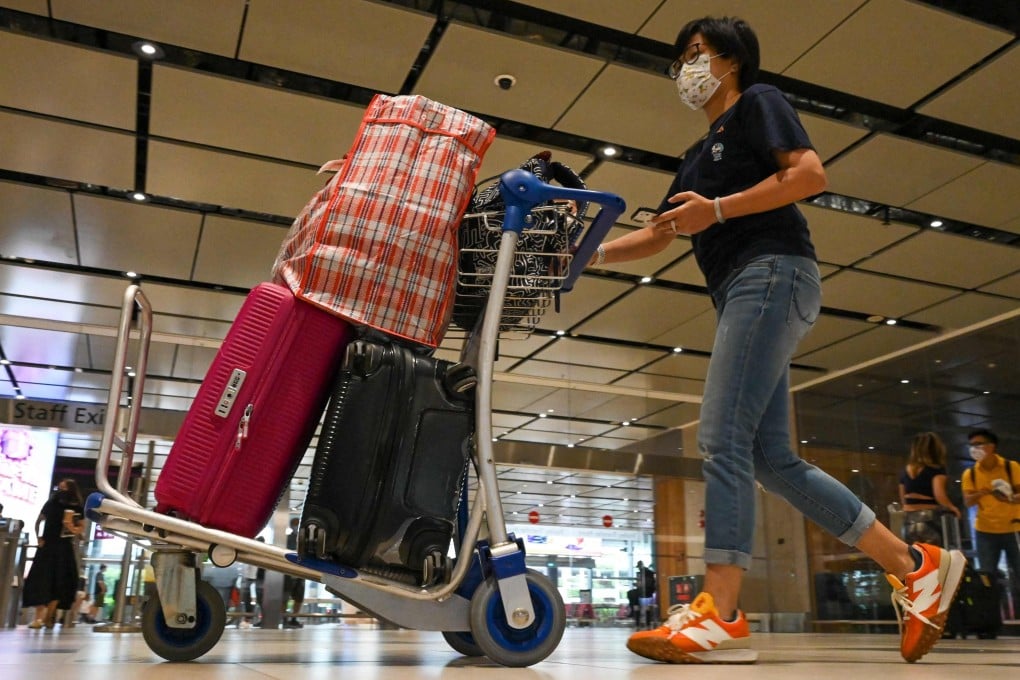Advertisement
Explainer | What tourists need to know about Covid restrictions in Malaysia, Singapore, Japan, Hong Kong and Taiwan
- Fully vaccinated travellers can enter Singapore without a Covid test and no quarantine. Malaysia allows all tourists to enter regardless of vaccination
- Removal of hotel quarantine measures for ‘zero-Covid’ holdouts Taiwan and Hong Kong means outbound travel will be easier during the holiday season
Reading Time:4 minutes
Why you can trust SCMP
10

Travellers from Singapore to Hong Kong, Taiwan and Malaysia can finally start putting together travel plans, as a number of destinations from across Asia look to welcome tourists after a lengthy period of border restrictions.
For “zero-Covid” holdouts Taiwan and Hong Kong, the latest removal of tough hotel quarantine measures has meant that outbound travel will be much easier during the holiday season.
After Hong Kong’s long-awaited announcement that overseas travellers will no longer need to be confined to hotel rooms for quarantine starting on September 26, flight orders out of the city surged, according to Trip.com.
In fact, bookings for trips to Japan’s Osaka by Hong Kong travellers soared 7,300 per cent from the previous weekend, according to the travel website.
Advertisement
Nonetheless, some Covid-19 restrictions still remain in place in key Asian tourist destinations. Here are some things you need to know if you are planning a visit to Singapore, Malaysia, Thailand, Japan, Hong Kong or Taiwan in the coming months.
Singapore
Now a year into its ‘living with Covid’ strategy, Singapore allows fully vaccinated travellers and children under 12 to enter the country with no pre- or post-arrival testing and no quarantine requirements.
Advertisement
Advertisement
Select Voice
Choose your listening speed
Get through articles 2x faster
1.25x
250 WPM
Slow
Average
Fast
1.25x
